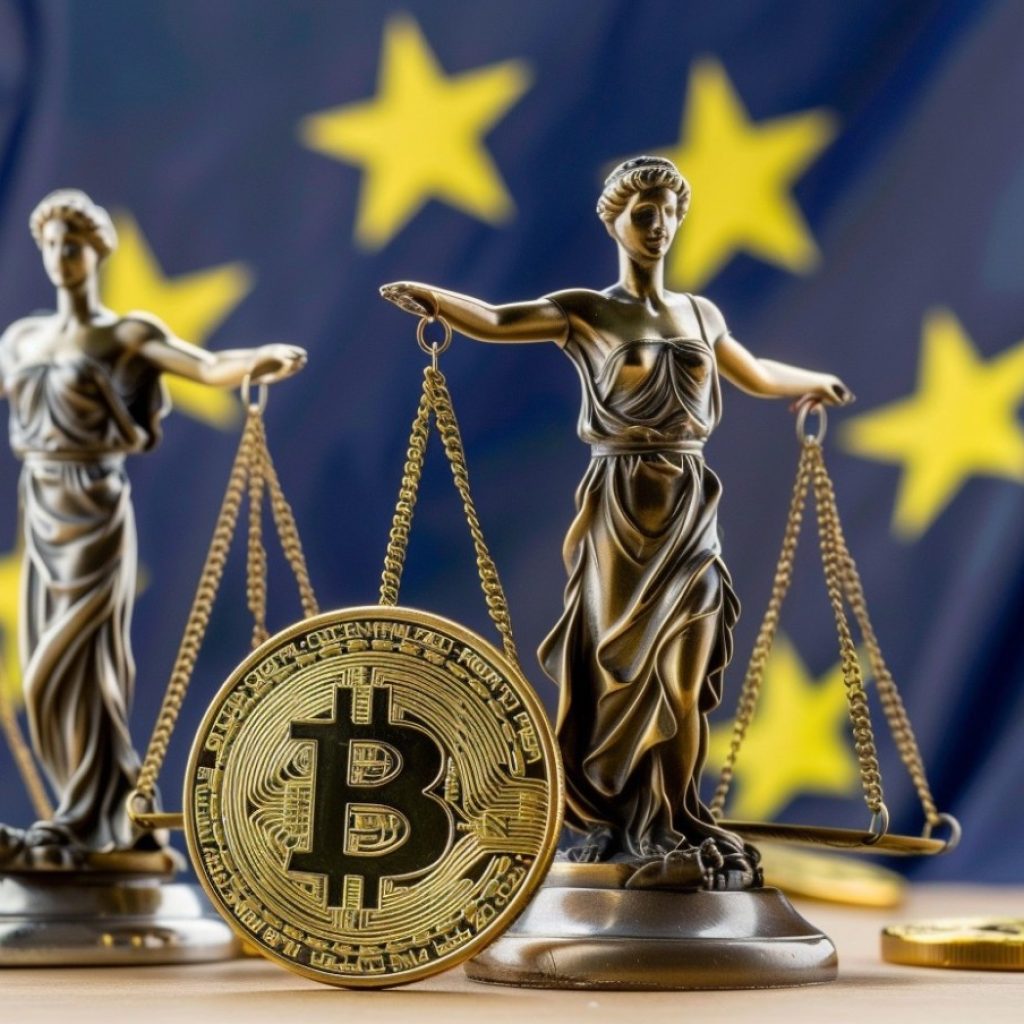Ordinals, a platform renowned for its pioneering protocol enabling the association of NFT-like assets with the Bitcoin blockchain, has taken a significant step forward by establishing a nonprofit organization. This move comes as the total number of inscriptions using the protocol surpasses 21 million, indicating growing interest and engagement.
Ordinals inscriptions surpass 21 million
Introduced earlier this year by developer Casey Rodarmor, Ordinals quickly gained prominence as a hub of innovation centered around Bitcoin. The protocol empowers individuals to attach data to a single satoshi, a unit equivalent to 1/100,000,000 of a complete Bitcoin. This data could encompass art, profile pictures, interactive games, and more.
The newly formed California-based nonprofit christened the Open Ordinals Institute, is set to play a pivotal role in supporting the ongoing evolution of the protocol. By providing funding to its core group of developers, including the enigmatic lead maintainer known as Raph, the organization aims to foster sustained development and innovation within the realm of Bitcoin inscriptions.
Raph, the project’s lead maintainer, emphasized the significance of this transition to a nonprofit structure. This shift primarily holds tax implications, potentially allowing the development team, previously funded privately by Rodarmor, to accept tax-deductible donations. Formerly, any contributions to Rodarmor and Raph were categorized as personal gifts for taxation purposes.
The Institute’s board is expected to comprise four individuals: Raph, Rodarmor, Erin Redwing, the host of the Hell Money podcast, and Ordinally, the pseudonymous Ordinals technical fellow. Raph likened this development to the establishment of foundations in other crypto projects, although he acknowledged that the initiative is still in its nascent stages. He noted, “At the moment, it’s very simple—it’s the most minimal structure you can imagine.”
The platform promises to nurture growth in crypto
This platform will serve as a hub for community updates and a repository of resources about the project’s progression. The shift in direction for the Ordinals team comes after Rodarmor announced his intention to step back from the project in May, citing an inability to provide it with the attention it deserved.
Nonetheless, Rodarmor remained active in refining and developing features within the project’s GitHub repository, with his most recent contributions as recent as June 19. With over 21 million Ordinals inscriptions reported on Tuesday, as indicated by a Dune Analytics dashboard, a noteworthy milestone has been reached. This achievement is particularly noteworthy considering that Bitcoin’s total supply is capped at 21 million coins.
The enthusiasm surrounding Ordinals inscriptions and BRC-20 tokens, which were in high demand in May, led to a surge in Bitcoin transaction fees. The elevated fees, though concerning, ultimately brought substantial gains to miners. This outcome aligns with the perspective of Michael Saylor, co-founder and Executive Chairman of MicroStrategy, who sees potential long-term benefits for Bitcoin from higher transaction costs.
While initial excitement propelled several crypto exchanges and NFT marketplaces to embrace art-based inscriptions and BRC-20 tokens using the Ordinals protocol, recent times have seen a decline in activity and trading volume. Despite this apparent lull, Ordinally, the pseudonymous Ordinals technical fellow, expressed a positive outlook, viewing the period as an opportunity for consolidation and renewed focus.
The essence of Ordinals lies in its embodiment of digital scarcity within the realm of Bitcoin. The project represents an extension of Bitcoin’s scarcity concept, one that converges with art and digital collectibles. As Ordinals progresses, its creators envision a future where digital artifacts built on the scarcity of Bitcoin block space evolve into a distinct ecosystem, different from the NFT landscape seen today. While the first few steps have been taken, there remains ample potential for growth and innovation in the realm of Ordinals’ unique blockchain inscriptions.





